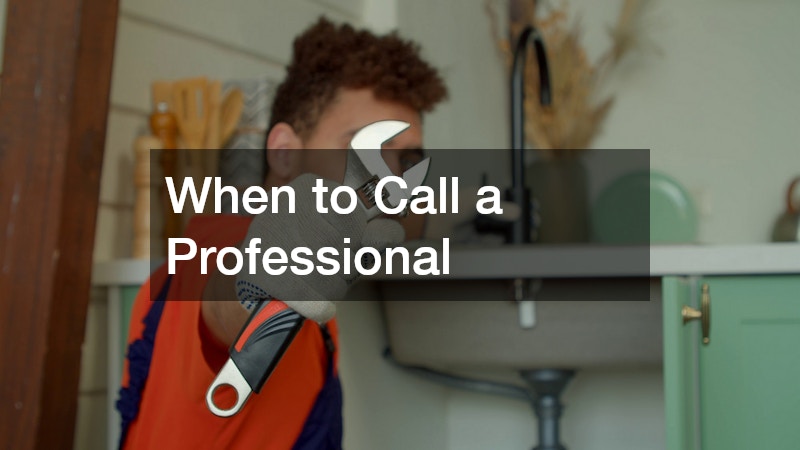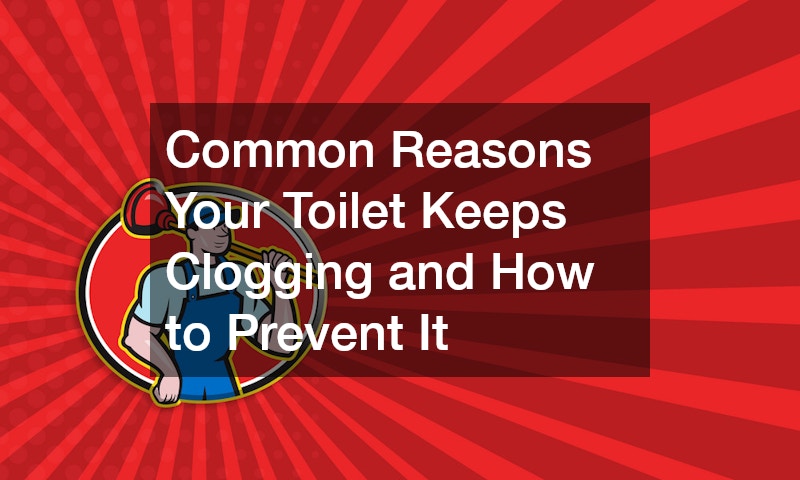A toilet that frequently clogs can quickly turn from a minor inconvenience into a major frustration. While occasional blockages happen in any household, recurring clogs are often a sign that something more is going on. Understanding the common causes can help you address the issue effectively and prevent it from happening again.
Below are seven of the most common reasons your toilet may keep clogging—and what you can do to fix the problem.
1. Using Too Much Toilet Paper
While toilet paper is designed to break down in water, excessive amounts can overwhelm your plumbing system. Even high-quality paper can cause clogs when used in large quantities, especially if your toilet has a low flush volume.
Over time, the excess paper can collect in your pipes and create blockages.
Prevention Tip: Use only the necessary amount of toilet paper and flush in between large uses if needed. If possible, choose toilet paper labeled as “septic-safe” or “rapid-dissolving.”
2. Flushing Non-Flushable Items
One of the fastest ways to cause recurring clogs is flushing items that were never meant to go down the toilet. Common offenders include wipes (even those labeled “flushable”), cotton balls, paper towels, feminine hygiene products, and dental floss. These materials don’t break down like toilet paper and can quickly block your pipes.
Prevention Tip: Only human waste and toilet paper should be flushed. Keep a small waste bin in the bathroom for anything else.
3. A Low-Flow Toilet That’s Not Performing Well
Low-flow toilets are designed to save water, but older models sometimes lack the flushing power to move waste effectively. This can lead to clogs, especially if the pipes are narrow or already partially blocked.
Prevention Tip: If your toilet is an older low-flow model, you might need to upgrade to a newer, more efficient version. In the meantime, you can reduce the risk of clogs by flushing twice for larger loads.
4. Blocked Toilet Trap
The toilet trap is the curved section of the drainpipe inside your toilet that helps prevent sewer gases from entering your home. Unfortunately, it’s also a common place for blockages to occur. Toys, small objects, and excess waste can get stuck in this bend, leading to repeated clogs.
Prevention Tip: Avoid placing small items near the toilet where they can fall in accidentally. If you suspect something is stuck, a plunger or toilet auger may be able to clear it before calling in a professional.
5. Clogged Plumbing Vents
Your home’s plumbing system uses vent pipes to allow air to enter the drainage system, which helps water and waste flow freely. When these vents become blocked—by leaves, debris, or even bird nests—it can slow drainage and cause frequent clogs.
Prevention Tip: Have your plumbing vents inspected periodically, especially if you notice gurgling sounds or slow-draining toilets. Clearing a blocked vent is best left to experienced plumbing companies that can safely access your roof.
6. Sewer Line Issues
If your toilet and other drains in the home are clogging at the same time, the problem may be in your main sewer line. Tree roots, sediment buildup, or broken pipes can restrict waste flow and cause backups throughout the house.
Prevention Tip: Regular inspections and maintenance of your sewer line can catch these problems early. A professional plumber can use a camera inspection to identify blockages or damage.
7. Hard Water and Mineral Buildup
In areas with hard water, mineral deposits can accumulate inside your toilet’s internal passages and drain pipes over time. This buildup can restrict water flow and make it harder for waste to be flushed away, increasing the risk of clogs.
Prevention Tip: Consider installing a water softener if you have hard water. Periodic cleaning of your toilet’s jets and internal parts can also improve performance.
When to Call a Professional
If you’ve tried common fixes—such as reducing toilet paper use, plunging, or using a toilet auger—and your toilet still clogs regularly, it’s time to call in an expert. Frequent clogs can indicate deeper plumbing problems that require specialized tools and knowledge to resolve. Reputable plumbing companies can diagnose the issue, recommend solutions, and ensure your system is working as it should.
A toilet that keeps clogging isn’t just a nuisance—it can signal that something is wrong with your plumbing system. By understanding the most common causes, from too much toilet paper to sewer line issues, you can take steps to prevent blockages before they happen. And when prevention isn’t enough, working with an experienced plumber will get your bathroom back in order quickly.
Keeping your toilet in good working condition is about more than just convenience—it’s about protecting your home’s plumbing and avoiding bigger problems down the line. With a little care and attention, you can keep things flowing smoothly.



